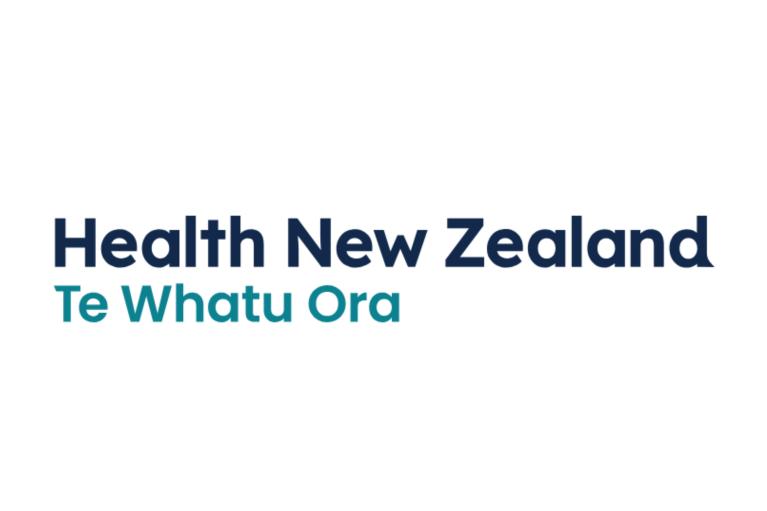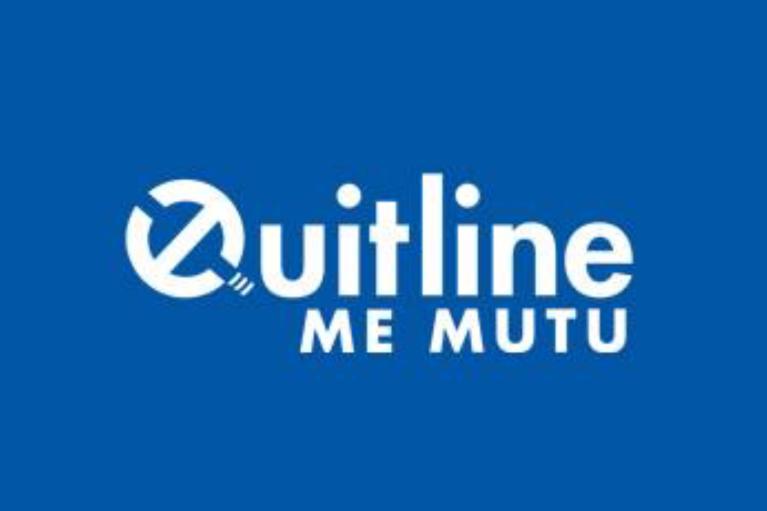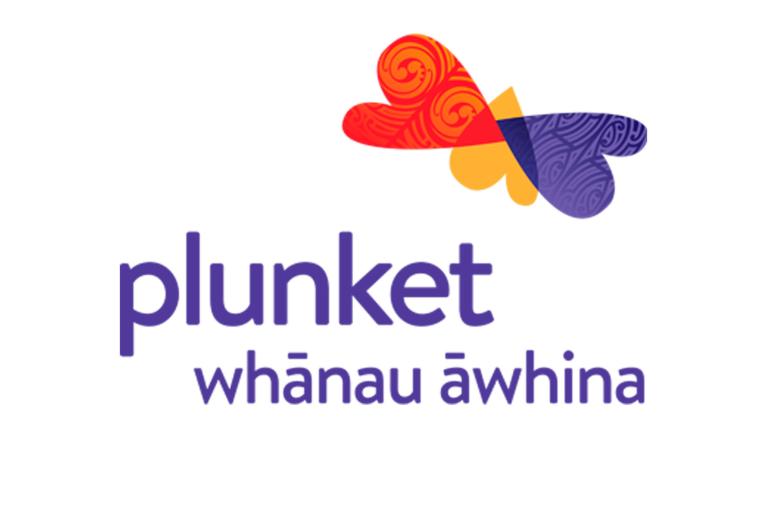In this video, we meet Monique and Paulo and their 6 week old baby, Peyton. Hear Monique's advice about looking after yourself after baby is born and how your whānau and partner can support you. A Well Child Tamariki Ora nurse describes what happens during her visits to mum and baby. We see how Peyton is kept safe during sleep. Monique talks about breastfeeding and how breastmilk is perfect for Peyton.
Source: Ministry of Health
transcribeTranscript
Title: Your Child: The First Six Weeks. Episode 06 of 15.
Title: Monique & Paulo’s Whānau
[Shots of the inside of Monique and Paulo's house.]
Monique (voice-over): It's hard but it's amazing. There's no words that can explain being a parent.
[Shot of Monique and Paulo’s baby.]
Title: Peyton, 6 weeks old
[Interview with Monique and Paulo.]
Paulo: My name's Paulo Agafili. I’m born and raised in Wellington. I'm a full Samoan.
Monique: My name is Monique Solomon Agafili. We just got married last year.
[Shots of Monique and Paulo’s baby.]
Monique (voice-over): This is Peyton Taruna Agafili. He turns six weeks this Sunday. He's a very chilled, relaxed baby. When it came to our birth plan, I decided that I didn't want to take drugs. When I went to go and discuss it with my midwife, she supported the whole thing completely. When he was arriving, the caesarian was not a part of my plan whatsoever. You just have to expect the unexpected. As soon as baby came out nice and healthy – you just can't explain it. I would do it all over again.
[Interview with Monique and Paulo.]
Paulo: Things don't go your way. But hey, that's life.
Monique: That's what your midwife is there for. Your support.
[Ngaruna arrives at Monique and Paulo’s house.]
[Interview with Ngaruna.]
Title: Ngaruna Kapinga, Well Child Tamariki Ora Nurse
Ngaruna: Kia ora. My name is Ngaruna Kapinga and I'm a Tamariki Ora (Well Child) Nurse. Today I've come to do Peyton's six week Well Child check.
[Interview with Monique and Paulo.]
Monique: She checks up on both myself and baby. We've been really fortunate to have a good relationship with her as well. We've only had one visit with her so far, but you have that feel.
[Ngaruna measures Monique and Paulo’s baby.]
Ngaruna (voice-over): So when we come and do our visits, we do look at baby's measurements. We measure his weight, length and head circumference. We also talk about things like breastfeeding and breast is best, where baby is sleeping, his immunisations, and whether he's achieving the milestones for his age.
[Interview with Monique and Paulo.]
Monique: I believe that breast milk is best for Peyton. It's just got everything good in it. I wouldn't have it any other way.
[Interview with Ngaruna.]
Ngaruna: Around this stage, when we come in to see whānau, we talk about mum's well-being and health as well, to make sure she's is looking after herself, getting some sleep – often that can mean having nan or dad helping out and supporting mum and family as well.
[Interview with Monique and Paulo.]
Paulo: My main focus is making sure that they are both secure. Both well off, not being stressed by anything else, because I'll have that covered.
[Monique carries her baby to the bassinet.]
Monique (voice-over): For us, it was really important that baby was in the same room as us, just so we're able to keep an eye on him. His bassinet is right next to our bed, so we can attend to him when he is upset, when he needs a feed or when he needs to be comforted.
[Interview with Monique and Paulo.]
Paulo: From my experience having a kid, it's been challenging but an exciting challenge. Main thing is just to be patient. I know at times babies can make it stressful, but you just have to remember what's important in life.
Monique: Working as a team – that's a huge part of why we're where we are at the moment. The main piece of information I would give to first time mothers is, just don't be too proud to ask for help. And communicating as well – you grow as a person, as a couple and as a family. If you don't communicate, that could put a strain on your relationship, as well as affecting baby. Just stay positive, optimistic, and just make it work.
Title: Our thanks to the families and health workers who appeared in this video for the Ministry of Health.
It's hard but it's amazing. There's no words that can explain being a parent.
Your baby in the first 6 weeks
In the video, a Tamariki Ora Well Child nurse has come to do Peyton's 6-week Well Child check. She explains ...
So when we come and do our visits, we do look at baby's measurements. We measure his weight, length and head circumference. We also talk about things like breastfeeding and breast is best, where baby is sleeping, his immunisations, and whether he's achieving the milestones for his age.
Around this stage, when we come in to see whānau, we talk about mum's well-being and health as well, to make sure she's is looking after herself, getting some sleep – often that can mean having nan or dad helping out and supporting mum and family as well.
6-week-old-Peytons's mum says ...
Working as a team – that's a huge part of why we're where we are at the moment. The main piece of information I would give to first time mothers is, just don't be too proud to ask for help. And communicating as well – you grow as a person, as a couple and as a family.
'Baby blues'
You may feel down after having a baby – known as the 'baby blues'. If the blues don't go away, you may be developing postnatal depression. Ask for help.

See the Health New Zealand - Te Whatu Ora website for information about postnatal depression.
When your baby cries
All pēpi (babies) cry. Responding to their crying will make baby feel secure and safe.
What You Can Do When Your Baby Cries
Attachment
Attachment is the deep bond which develops between a child and their primary caregiver in the first few years of life. Secure attachments have positive outcomes for pēpi and tamariki (children) throughout their lives.
The Importance Of Attachment In Babies
Breastfeeding
Breastmilk is free, fresh and requires no preparation. It is easy for your baby to digest, changes with your baby’s needs, and contains the nutrients your baby needs. Find out about preparing to breastfeed, the health benefits of breastfeeding and the hunger cues your baby may display. See the section on breastfeeding for more information.
Safe sleep
Tips when putting pēpi to sleep
- face up
- lay pēpi flat on their back
- face clear
- gentle handling of pēpi
Normal Sleep - Newborns To 3 Months
Smoke-free environment
Make sure your baby's environment is smoke-free. Cigarette smoke is very harmful for your baby.
If you want to give up smoking or vaping, contact Quitline or talk with your health professional.

If you want to give up smoking or vaping call Quitline free on 0800 778 778. Quitline can provide free support and advice to help you or someone in your whānau quit smoking. Visit their website for more information.
Enrolling with a general practice
It's important to enrol your baby with a general practice at birth or as soon as possible after that. See some information about enrolling your child with a general practice.
Your Child's Doctor & Practice Nurse
Pēpi and young tamariki get sick often – it's a normal part of childhood. Get help quickly if your child shows any danger signs. Check some advice about when to seek help if your child is sick.
PlunketLine is available 24 hours a day, 7 days a week, on 0800 933 922 for advice and support for you, your baby and your whānau. Calls are free from cell phones. You do not need to be registered with Plunket to use this service.

